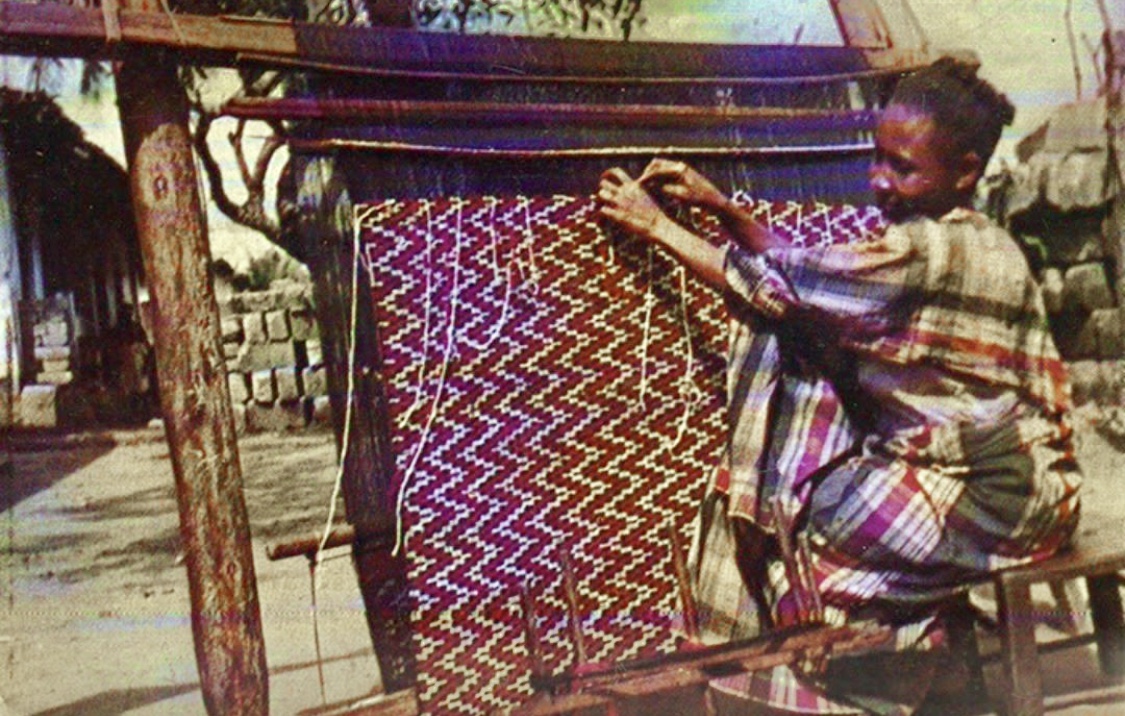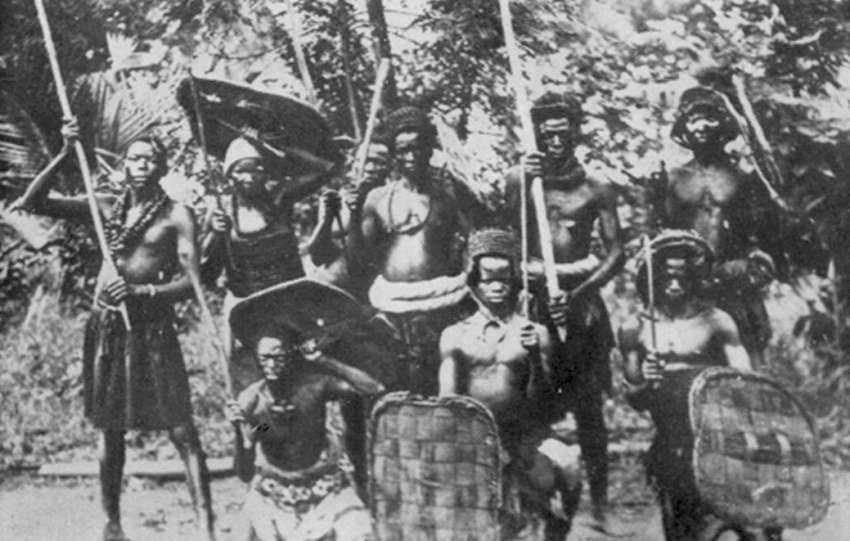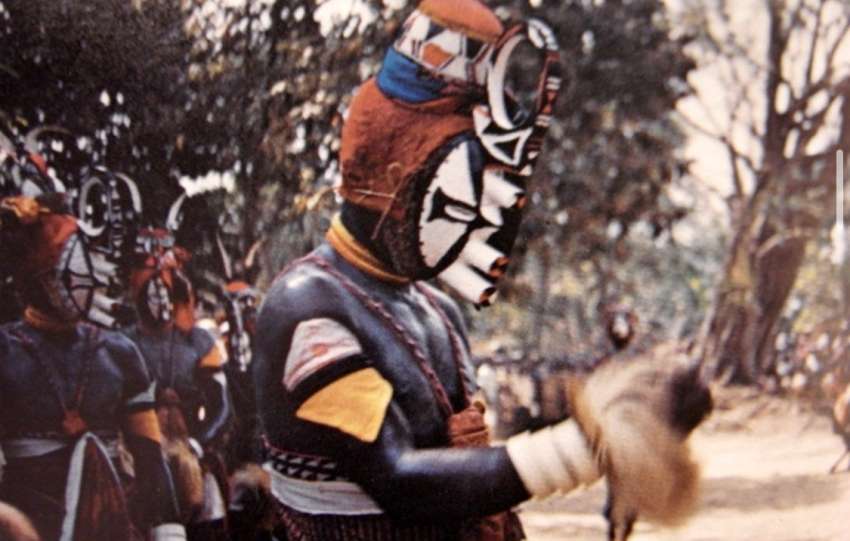
Akwete cloth, woven by the Ndoki Igbo people, represents a rich textile tradition with deep roots in Southeastern Nigeria. Traditionally, the town of Akwete has been most closely associated with this craft, yet the origins and techniques of weaving in this region are a shared legacy among the Ndoki communities. A notable aspect of this tradition is how its identity has evolved, shaped by both local perspectives and the way external sources have documented it.
In the mid-20th century, the perception of Akwete as the sole center of textile manufacture in the Southern Igbo area was amplified by ethnographic studies. Mr. G. I. Jones, a prominent figure in Nigerian anthropology, contributed to this narrative in his work, The Ibo and Ibibio-speaking Peoples of Southeastern Nigeria. His portrayal of Akwete as the primary weaving town has led to a convention where all textiles from this region are collectively referred to as “Akwete cloth.” This broad labeling, however, has not been well-received by other Ndoki villages, who assert that the weaving tradition is a shared heritage rather than one unique to Akwete.
In fact, as scholars A. E. Afigbo and C. S. Okeke emphasized in their 1985 study Weaving Tradition in Igboland, the so-called “Akwete cloth” is woven throughout Ndoki villages, not solely in Akwete. Many Ndoki communities both in Abia and Rivers State argue that the term “Akwete cloth” diminishes the contributions of other villages and obscures the collaborative nature of this textile tradition. According to Afigbo and Okeke, these communities prefer the term “Ndoki cloth” to honor the broader weaving heritage of the Ndoki people, highlighting the cultural and technical contributions of multiple villages in sustaining and innovating this art.

Akwete weavers gained national recognition in events such as the 1962 Lagos International Trade Fair, where the Eastern Nigeria Ministry of Commerce included an Akwete weaver as part of their exhibit. This public display, promoting Akwete weaving as a distinctive art of the Eastern Nigerian region, further solidified the Akwete identity in the national and international consciousness. Such exhibitions helped to popularize the cloth and its craftsmanship, but also reinforced the association between Akwete and the entire Ndoki weaving tradition.
References:
Afigbo, A. E., & Okeke, C. S. (1985). Weaving Tradition in Igboland.
Jones, G. I. (1956). The Ibo and Ibibio-speaking Peoples of Southeastern Nigeria.



